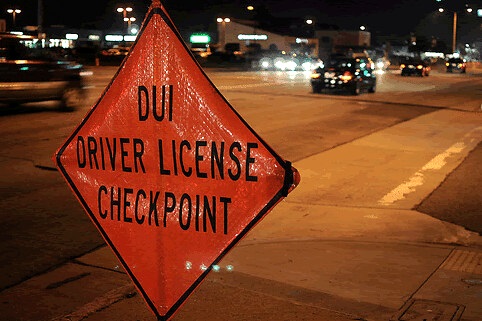
Florida is a great place to live and an excellent spot for vacationing. However, it is one state where you don’t want to drink and drive. The DUI laws in Florida are just as strict as they are in the rest of the US and being the party capital does not influence the legal BAC levels either.
If you live in the state or if you are planning to spend your upcoming vacation there, here are a few facts you must know.
- Is drunk driving the same as DUI in Florida?
DUI is driving under the influence of drugs and/or alcohol. While a person whose blood alcohol level is above 0.08 is definitely drunk driving, the police will book him on DUI charges. However, a person facing DUI charges was not necessarily drunk during his or her arrest. Driving under the influence of chemical substances including hallucinogenic medication, antipsychotics, or sleeping pills or other illegal drugs can also call for DUI arrests. Visit the Denver DUI lawyer to find out why driving after taking your medication can put you in the risk of a DUI arrest.
- What is the allowed BAC level in Florida?
The drunk driving laws of the state of Florida prevent driving of vehicles with a blood alcohol concentration (BAC) of 0.08 or above. However, holding a presumption of guilt is unconstitutional.
According to US Laws, any person is innocent unless the judge pronounces him or her guilty in court. Therefore, in case the arrested person has a BAC of 0.08 or higher, it serves as a prima facie evidence of his or her alcohol consumption. That is enough evidence for the police to book the individual on DUI charges, and the BAC can serve as further evidence during the trial in court. In simple words, it is illegal to drive around with a BAC of 0.08% or above.
- Is a breath, urine or blood test compulsory after arrest?
According to the law, the moment you accept your right to drive a motor vehicle in the form of a driver’s license, you also agree to submit to a breath, blood and urine test. These are the standard tests law enforcement officers use across the US for determining the level of alcohol in one’s blood. These tests are necessary since the police can pull any driver over depending upon their exhibition of control behind the wheel. Blood tests and urine tests are essential to determine the presence of controlled drugs in the system since they don’t show up in breath tests.
Unless you are involved in a fatal, near fatal or severe accident that has resulted in the damage of public property, you can refuse the breath test. At the same time, the Florida Highway Safety and Motor Vehicles can suspend the suspect’s license for at least one year upon his or her first refusal. They can suspend the license for eighteen months upon a second refusal. Furthermore, a second-time denial to submit to a blood, or urine test is a misdemeanor. The record of the dissent is admissible in court during the trial.
- Will the police take my license upon a DUI arrest?
Florida DUI laws are quite stringent, and the police are likely to seize the defendant’s license if his or her BAC is above 0.08. Even when the defendant refuses to submit to breath, blood, urine and field tests, the law enforcement officers reserve the right to seize the defendant’s license following his or her DUI arrest. However, the officer will also issue a traffic ticket that gives the driver the temporary permit to work and drive for the next ten days. Be careful, as some of the tickets still say seven days since all precincts have not yet updated the new citation books. Do not forget to clarify the issuance and temporary permit’s validity with the issuing police officer.
- After a DUI arrest, will I go to jail?
Jail is not the end of every DUI arrest story. Defendants of many DUI cases are smart enough to work with the right DUI defense lawyers. The expert legal professionals help these suspects prove their version of the truth. Sometimes, it is possible for defendants to face unwarranted convictions due to antipsychotic medications or pain meds they take regularly.
If that is the truth behind your DUI arrest, you need someone smart, well-spoken and experienced to represent you. You need a versatile lawyer with avid knowledge of DUI laws to tell your story to the judge and jury. Jail after a DUI arrest is not mandatory. It is the most unfortunate outcome for the many victims of the legal system, who don’t get the right legal representation they deserve.
- How to not get a DUI?
The most foolproof way to not get a DUI is also the most unpopular one – don’t drink and drive! It is as simple as that. When you are heading to a gala party, and you know that there will be an open bar, why don’t you leave your car behind?
DUI is one of the lightest outcomes of drunken driving considering more than 500 people died in Florida due to drunk driving in 2017! Make better decisions in life. If you are planning on drinking tonight, designate a driver, pool rides and book cabs. It might cost you a couple of bucks extra, but it can also save your life!












